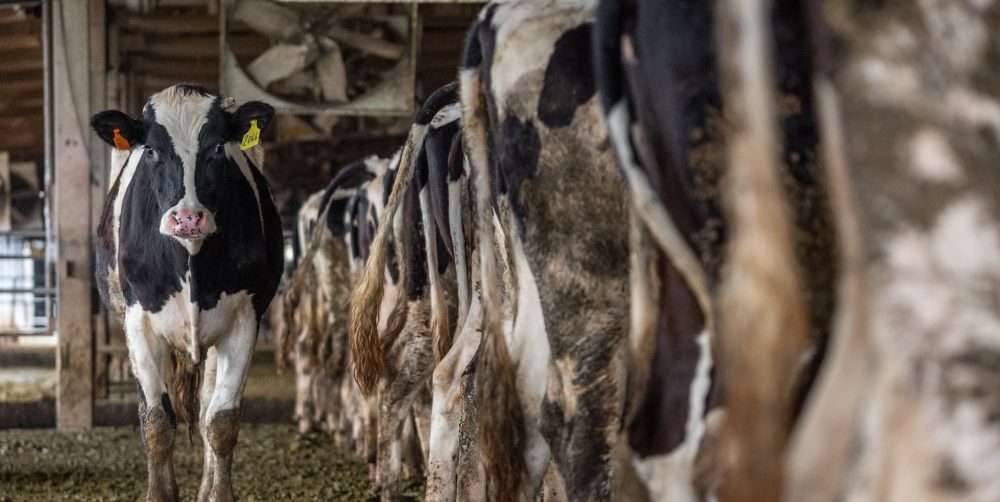
Trust is essential to effective healthcare. In General Practice, trust is built through relationships;1 which is why empathy, communication skills, and continuity all feature strongly in models of professional training and practice. We currently recognise that trust is built on the ‘caritas’ of our professional moto, Cum scientia caritas. Many, including Marshall1 have expressed concerns about the impact of current service changes on building effective relationships, and so the potential to undermine trust.
But the upheavals of the last year have also bought opportunities for reflection. Relationships have undoubtedly been challenged and changed, meaning trust needs to be managed differently. One analysis showed that the strongest predictor of patients confidence and trust in their GP is if patients feel clinicians “take their problems seriously”.2 Patients need to feel that their problems are understood, explained and addressed. But many of the problems presented to general practice are multi-faceted, complex, and uncertain. Our ability to make sense of complex problems therefore draws on the ‘scientia’ of our professional practice – the knowledge (evidence), but more so the method (reasoning) of scientific practice. Have we previously paid insufficient attention to the role and importance of scientia, alongside caritas, in the development of trust – and in turn, to its role in building therapeutic relationships?
Relationships have … changed, meaning trust needs to be managed differently.
But as I sit and reflect on that experience, I recognise two phrases from patients that have commonly cropped up in my experience of establishing trust in remote consulting – and both relate as much to ‘scientia’ as ‘caritas’.
The first – “have you read my notes?” – has been a common starting point for conversations from the outset. It is an important question. It allows the patients I am working with to establish if this clinician understands my context, my problems, and so can be trusted to offer advice tailored to my circumstances. It is a reminder that our job is to work with the person, not just manage a presented symptom. Trustworthy consulting is a data-informed negotiation between experts.3
I am realising that the second – “thank you for taking time to explain” – is one I am hearing more often now. That might be because I (we) are once again seeing more patients consulting with complex and uncertain problems – consultations that need explanation are more common. Or maybe I am just getting better at managing telephone explanations.
…the importance of clinician scholarship underpinning doctor-patient trust.
These observations are supported by our recent analysis of the evidence on supporting tailored use of medicines to avoid problematic polypharmacy (HTA 17/69/02 in press). Our findings highlight the knowledge work of practice: the everyday work we do to collect and interpret the data needed to support explanation of illness, and an informed, trustworthy ‘trial and learn’ approach to individual tailoring of care.
As we look to build the new future of general practice, we need to pay closer attention to the practice of ‘scientia’ alongside ‘caritas’. This principle underpins our new NHSE funded CATALYST programme for new-to-practice GPs in Humber Coast & Vale (www.hyms.ac.uk/catalyst), as well as the work of the national WISE GP programme aimed at all primary care clinicians (www.wisegp.co.uk).
Scientia will never replace caritas. But future General Practice needs to recognise and support both.
References
1. GP relationship with patients ‘as important as a scalpel to a surgeon’, says RCGP Chair. www.gponline.com/gp-relationship-patients-as-important-scalpel-surgeon-says-rcgp-chair/article/1707051
2. Croker J et al. Factors affecting patients’ trust and confidence in GPs: evidence from the English national GP patient survey. BMJ Open; 3:e002762. doi: http://dx.doi.org/10.1136/bmjopen-2013-002762
3. Scientific reasons to question the role of teleconsultations in expert generalist practice
https://bjgplife.com/2021/04/30/scientific-reasons-to-question-the-role-of-teleconsultations-in-expert-generalist-practice/
4. Gabbay J, le May A. Mindlines: making sense of evidence in practice. BJGP 2016;66:402-3.
Featured photo by Cytonn Photography on Unsplash








